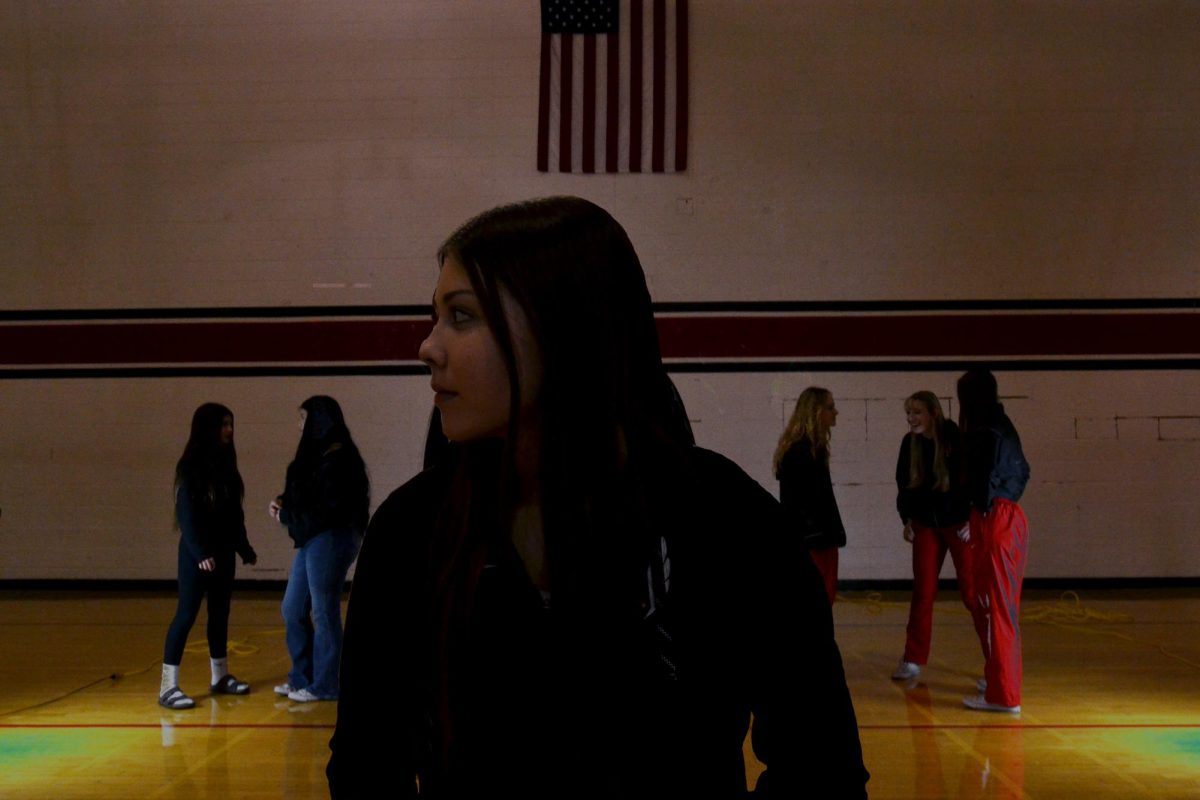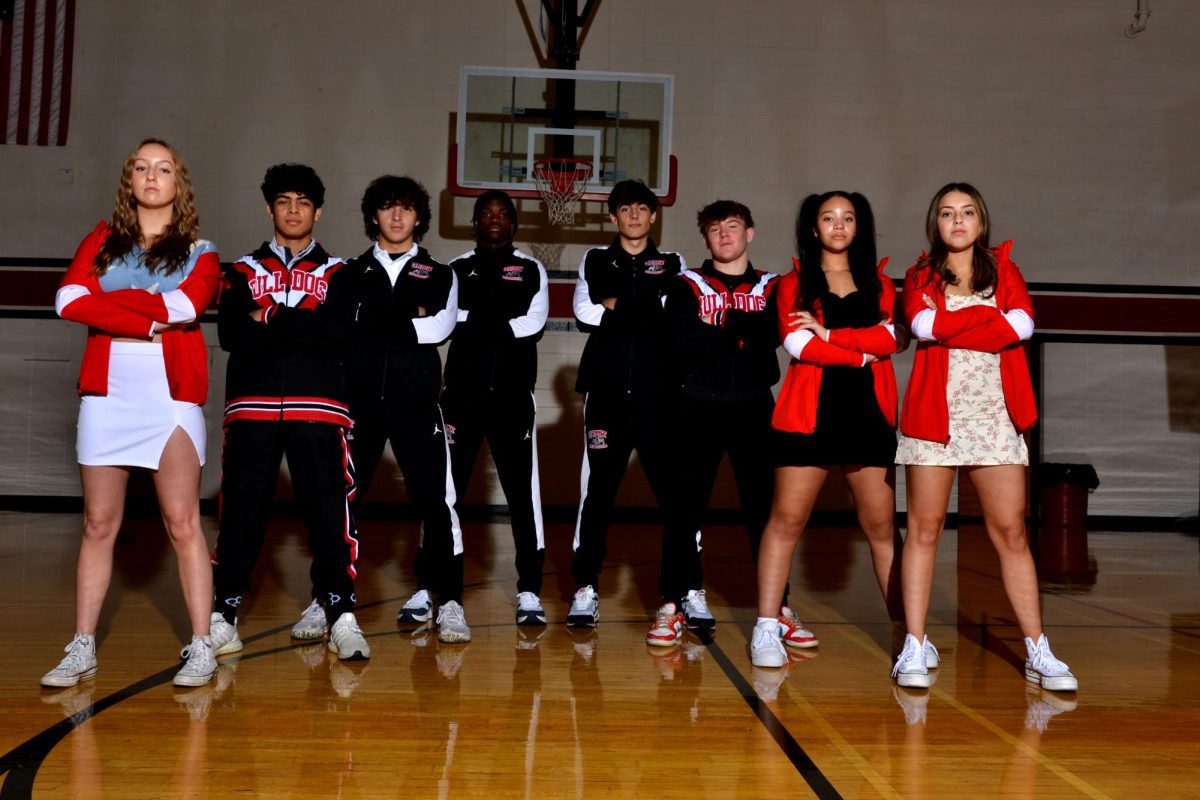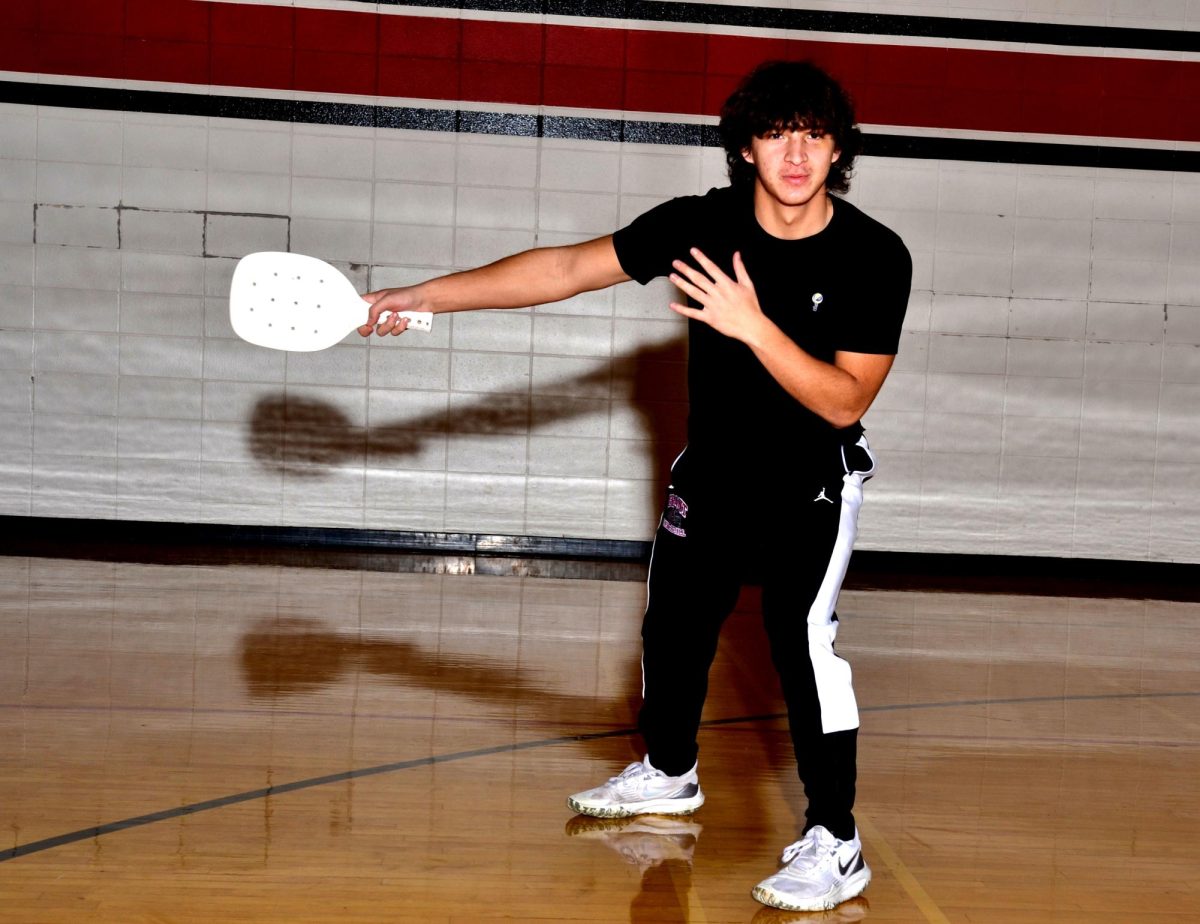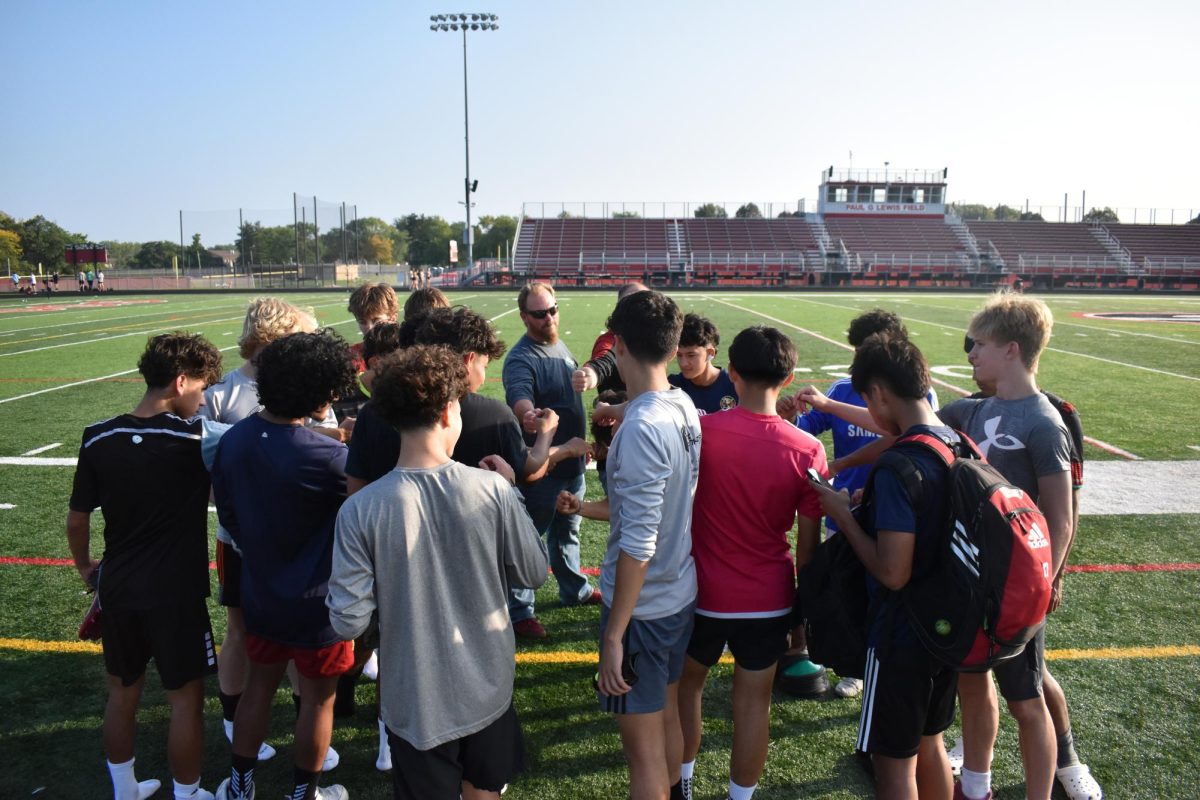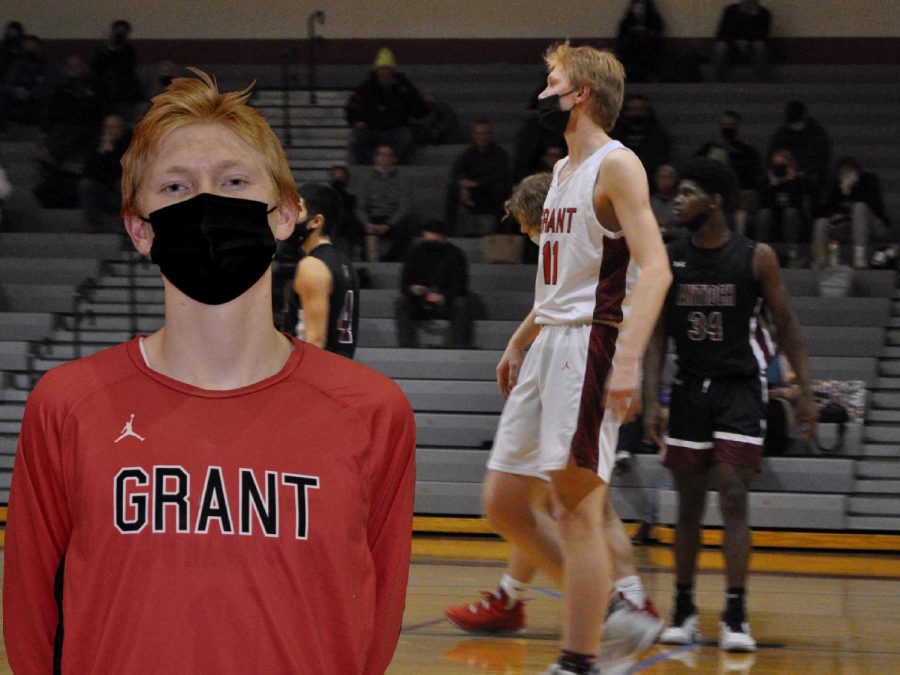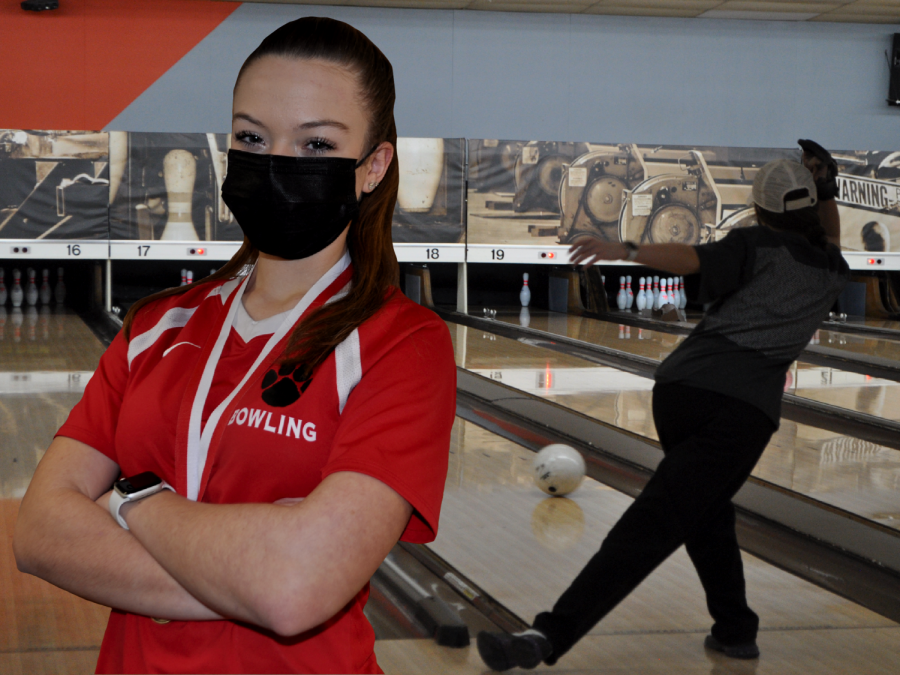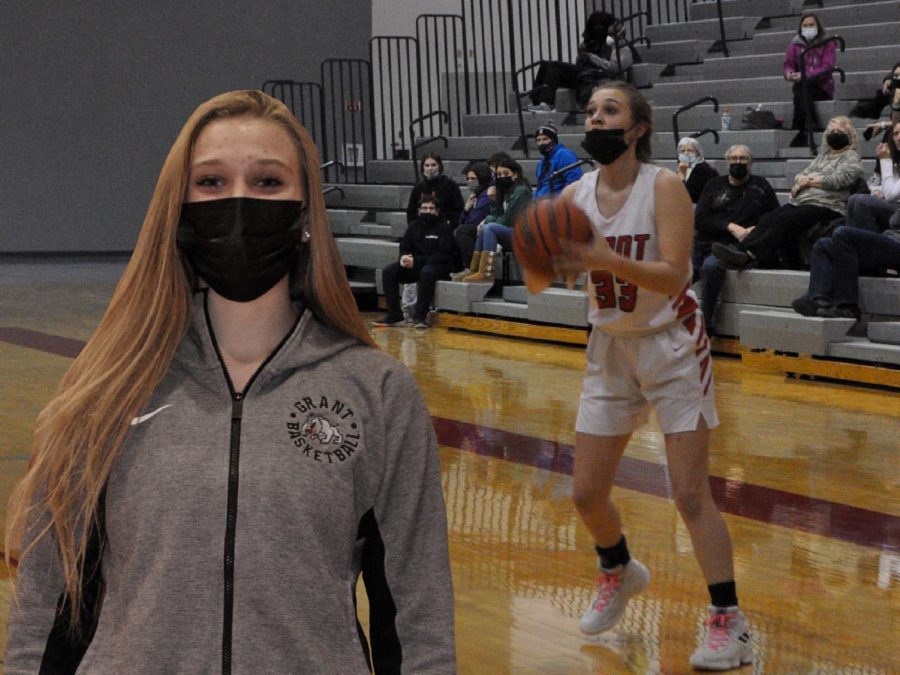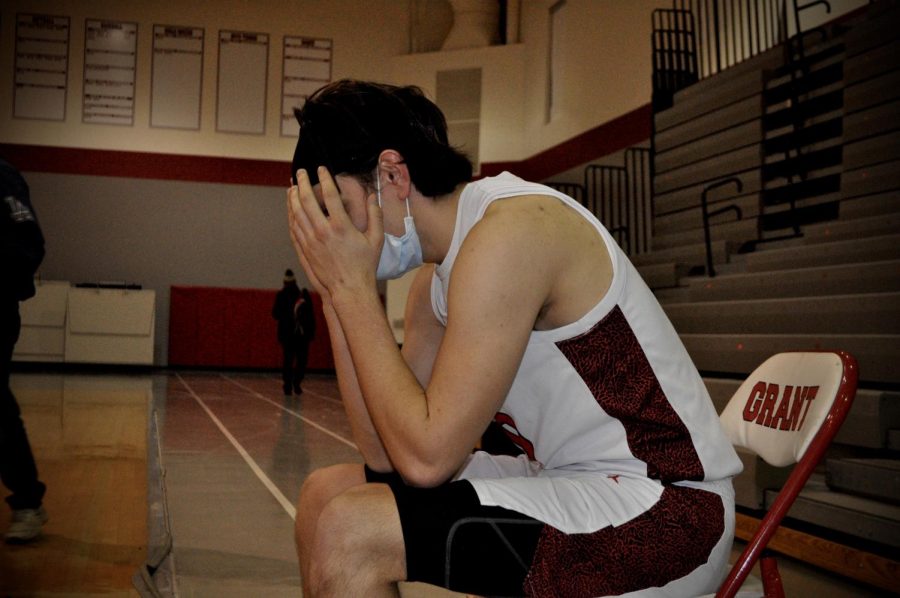Success In Losing
Everyone loses, it’s a part of life. Although everyone goes through it’s a common experience not everyone responds the same way. There is no correct way to respond to losing, it can either drive your journey forward or end it.
April 14, 2022
Hall of Fame basketball player Magic Johnson once said, “in life winning and losing will both happen.” Everyone is familiar with loss, but especially athletes have become accustomed to the idea of failure. Everyone involved with sports knows what it’s like to lose, regardless of race, gender, age, etc. Losing has several benefits and is crucial to the success of athletes—but no one wants to go through it.
Losing comes with plenty of negative emotions and that often makes it difficult to see the advantage it can provide an athlete. Losing provides a player with the ability to reflect on the mistakes that were made during the competition and the opportunity to critique those mistakes moving forward. Although fixing the errors can seem simple, it won’t be easy. Before any further changes can be made, an athlete should rewatch the defeat, which will spark motivation and the desire to become better. If there isn’t a recording that’s okay. Talk to someone who saw the match and discuss what went wrong. Next, reflect on what specifically went wrong and how that can be prevented in the future. Drills and workouts based on specific situations that an athlete is weak in can lessen the chance of that same mistake happening again. This process is straightforward but that is too easy to say from the outside looking in.
To most, losing is challenging to deal with. A child athlete may take losing to the heart and become doubtful of themselves—but not doubtful enough to quit after just one loss. Although a single loss won’t be enough, a bad season could be all it takes. A study done by the National Alliance for Youth Sports displayed that around 70% of kids quit their sport by the time they become teenagers due to it “not being fun anymore.” This can be interpreted in many ways, ranging from possible bad coaching, a great deal of pressure felt, or even the unrewarding feeling that someone gets from losing consistently. This overwhelming amount of children quitting their sport shows how quitting after consistent losses isn’t an extreme or overdramatic reaction, nor is it uncommon for a single person or sport.
There’s a variety of responses to coming up short on a win is stepping up to become a leader and focusing on what the team needs. Grant Community High School’s varsity soccer player Giancarlo Hinestrosa has the same ideology when it comes to losing. He wants to “try and help them progress and do better in the game.” This kind of reaction is what teams need to succeed. Teams need leaders with optimistic ways of thinking so everyone around them also improves.
Ultimately, there are many ways a person can react to losing and that can range from quitting to stepping up and taking a leadership role. Every person has their reasons for why they respond the way they do, such as quitting because of consistent losses and feeling depressed and discouraged. But at the end of the day, making the decision to continue working to become better is beneficial to those on all experience levels.








